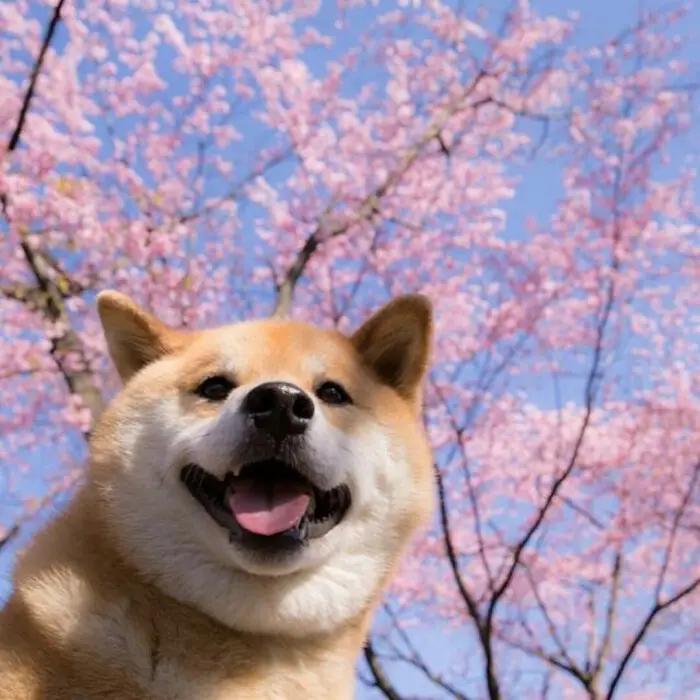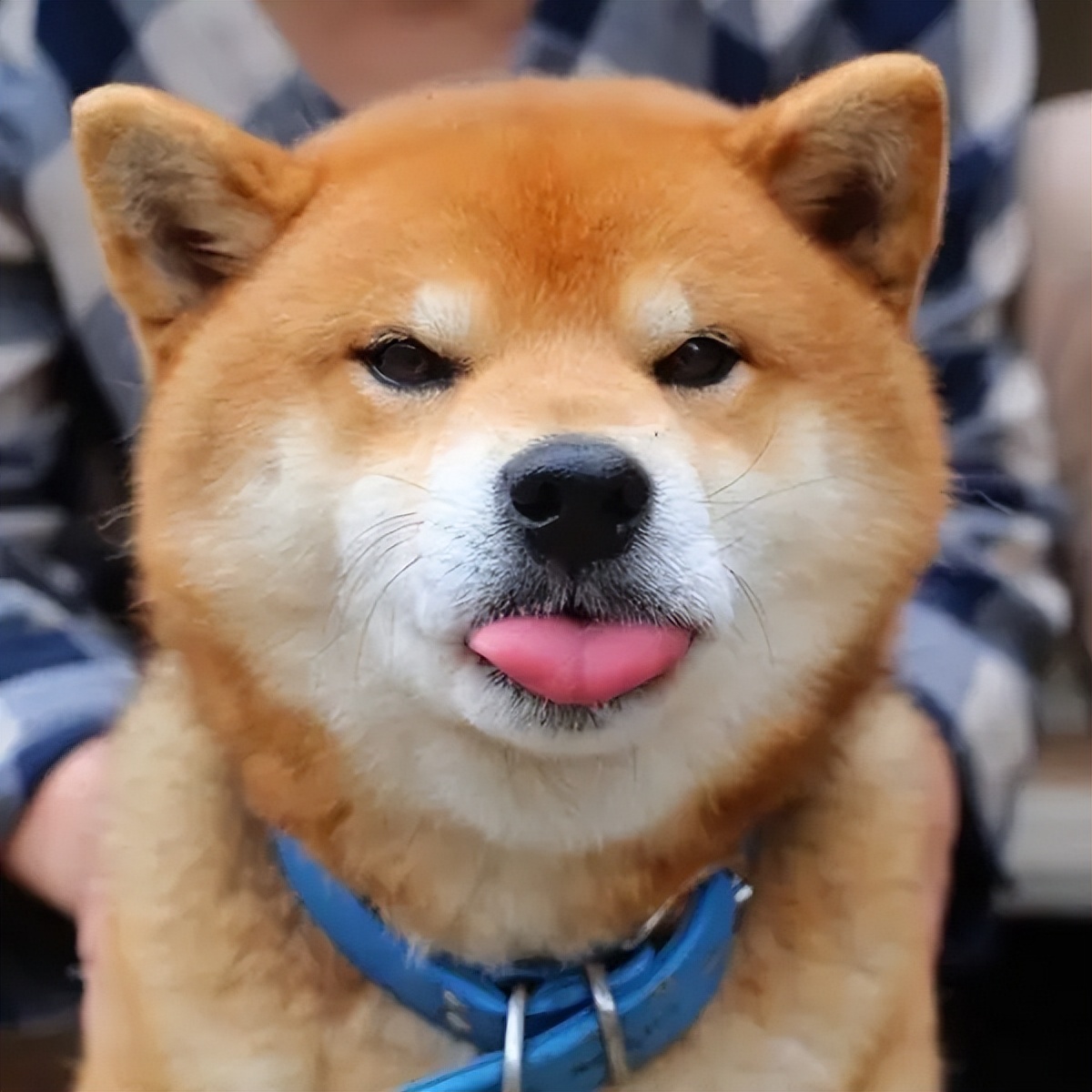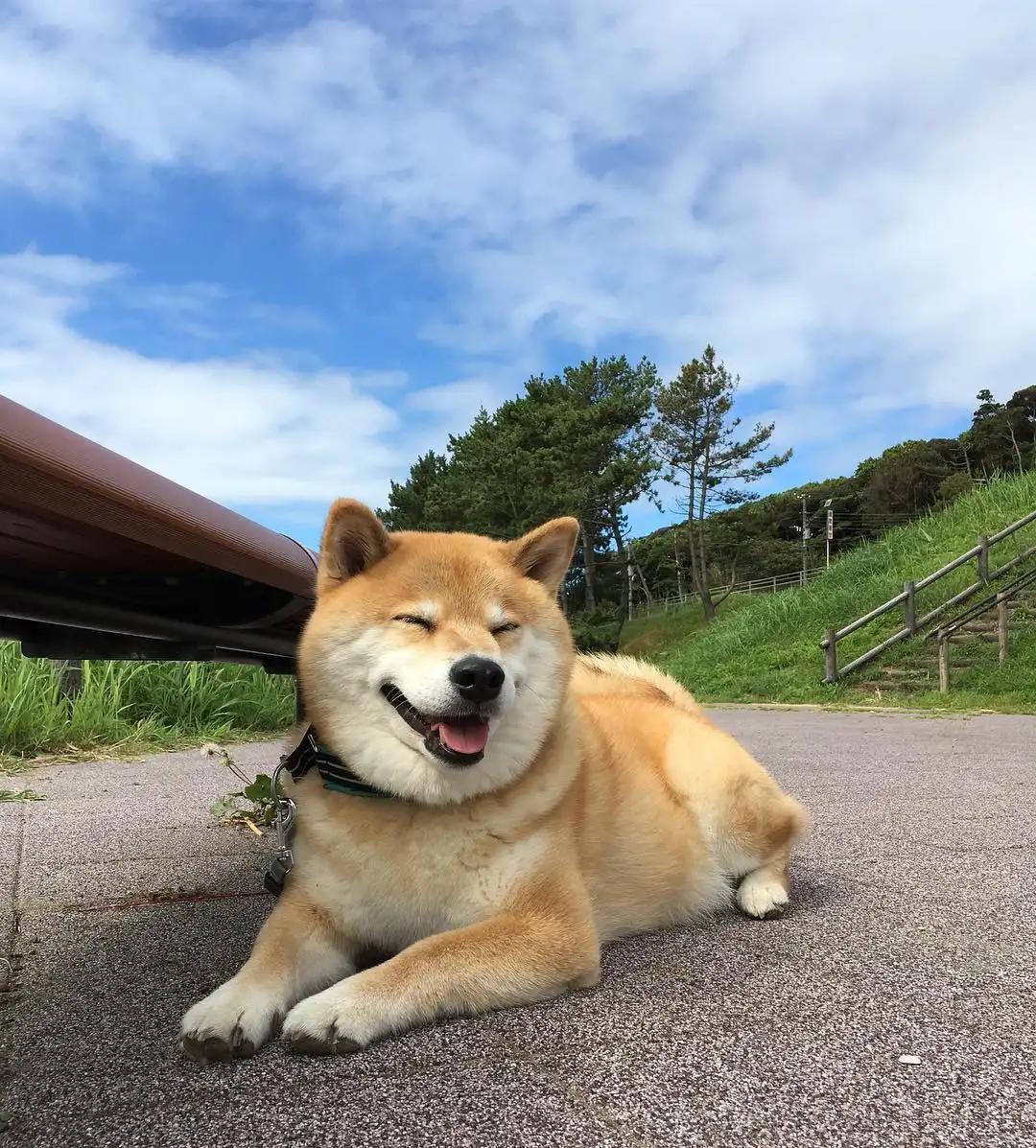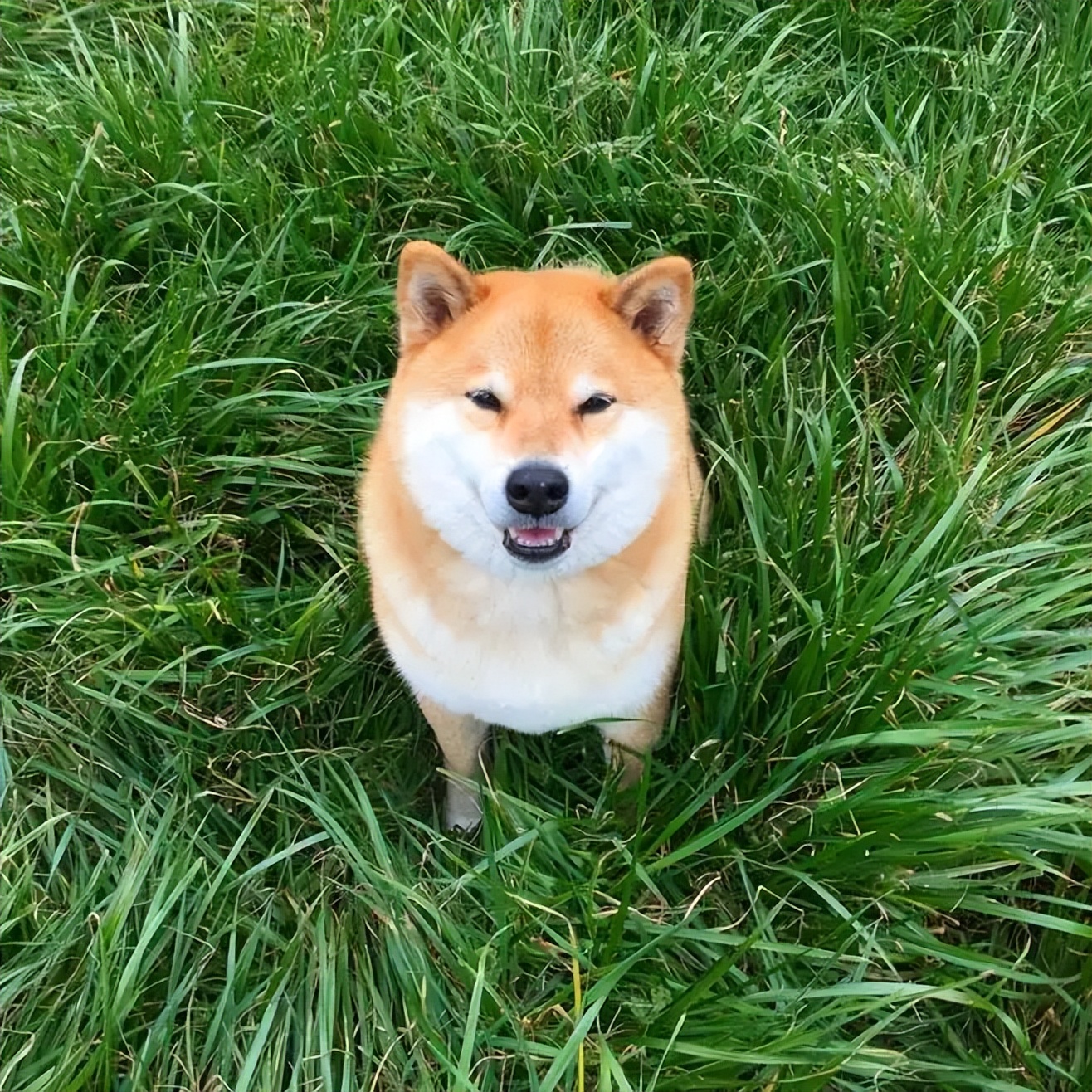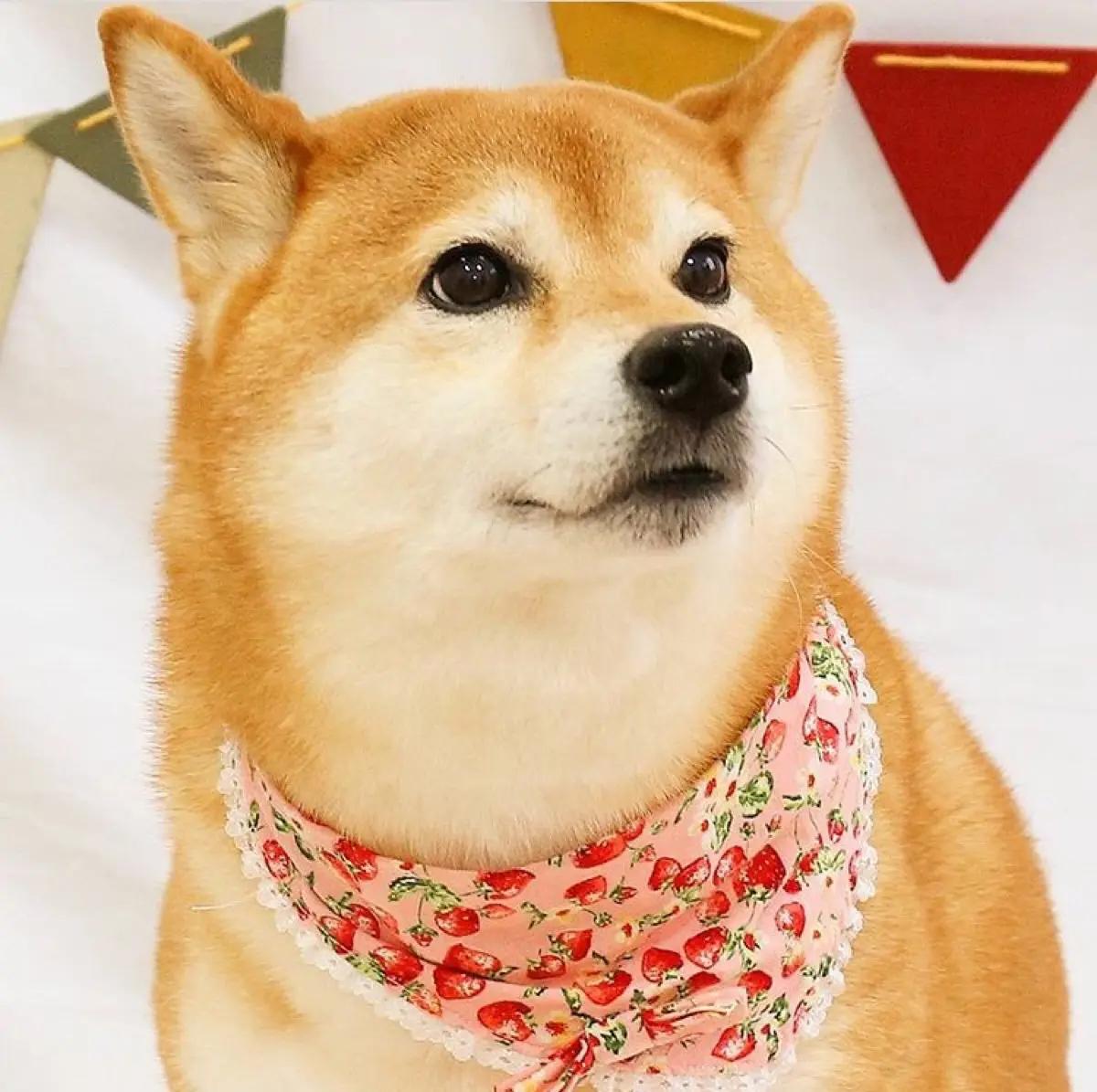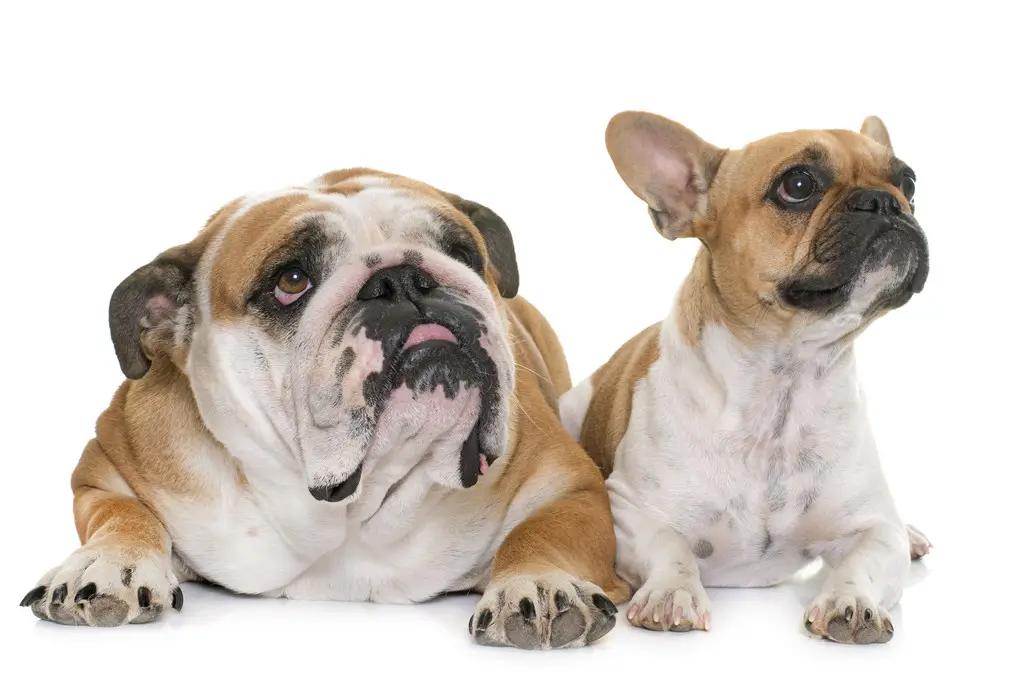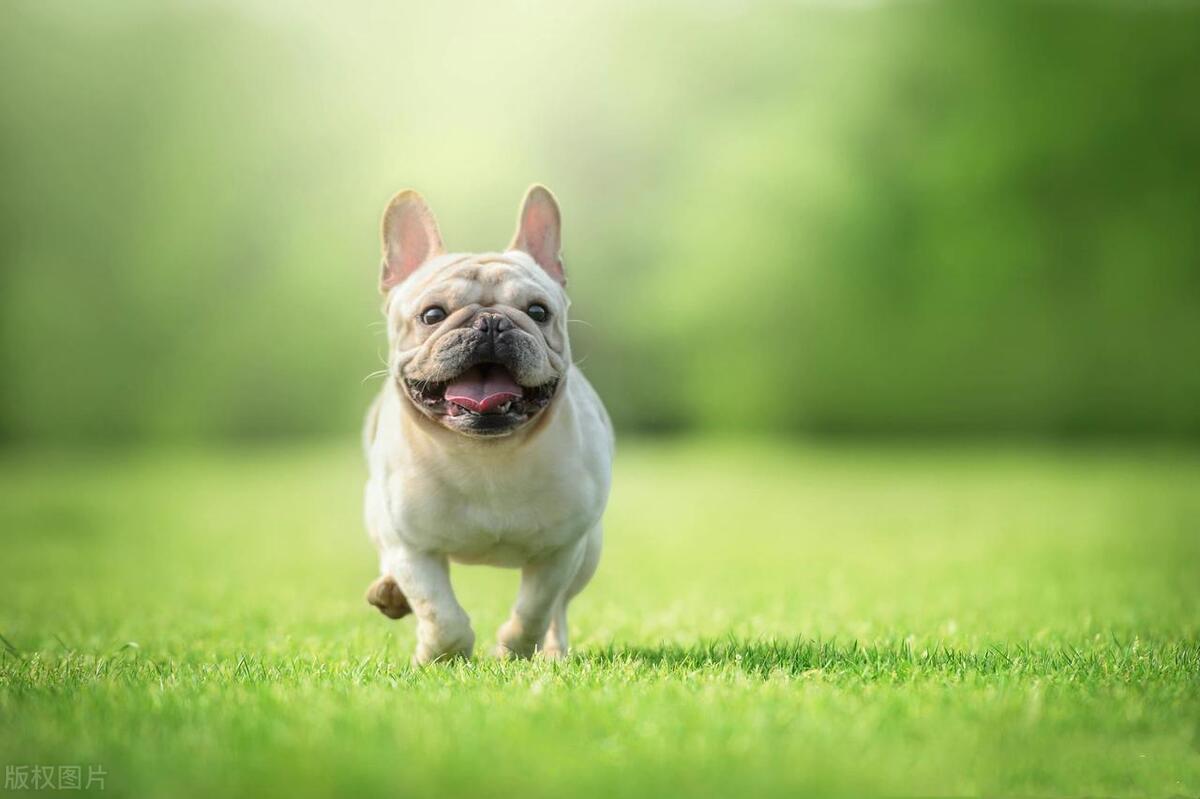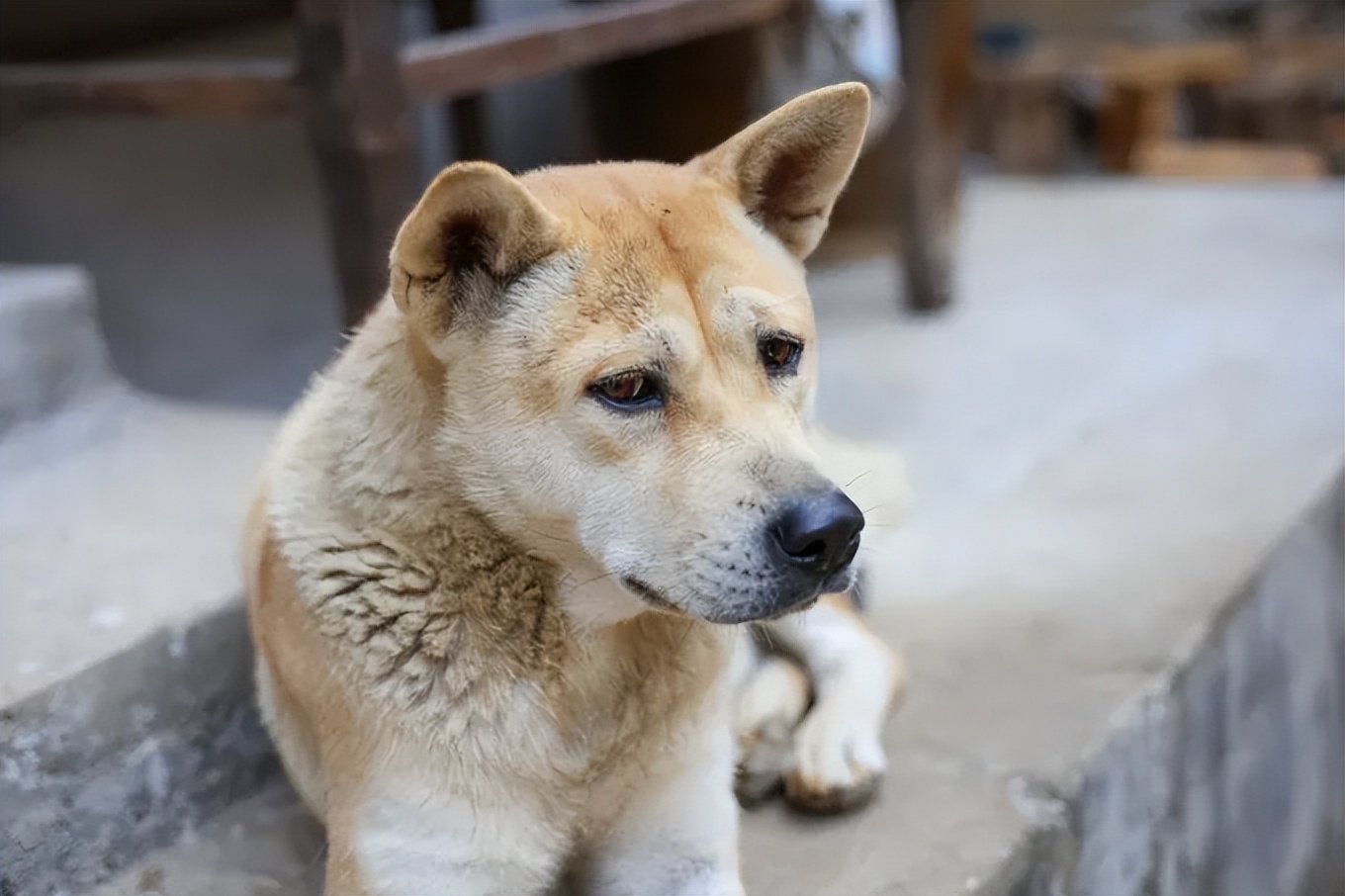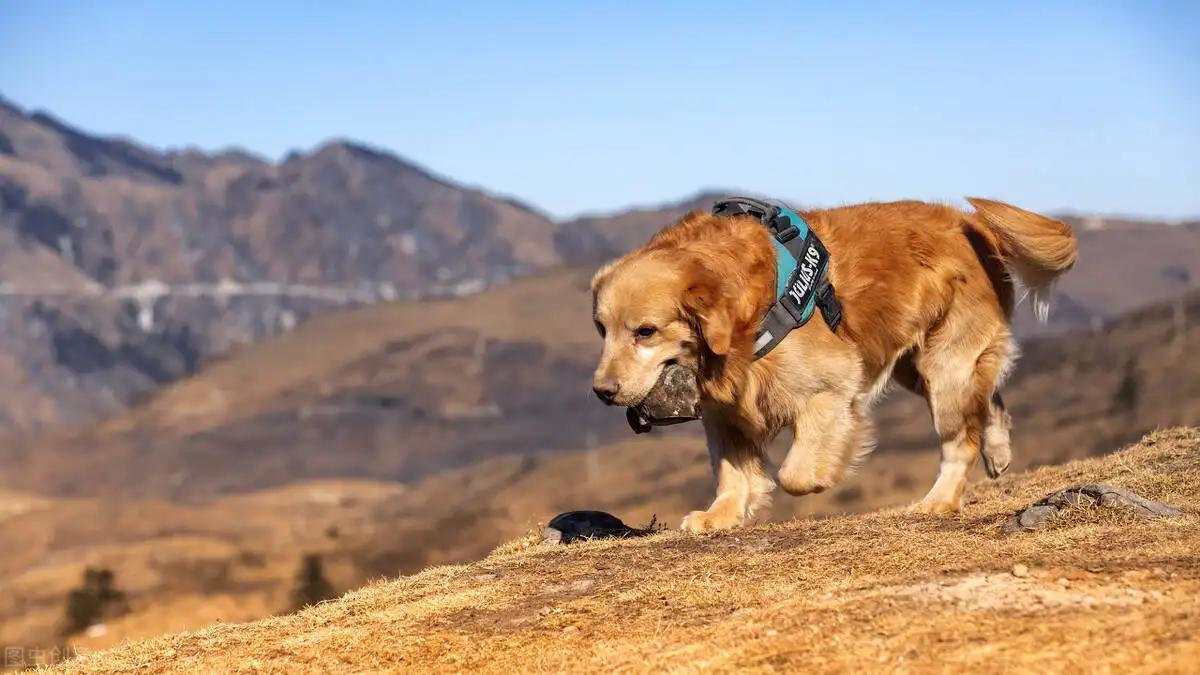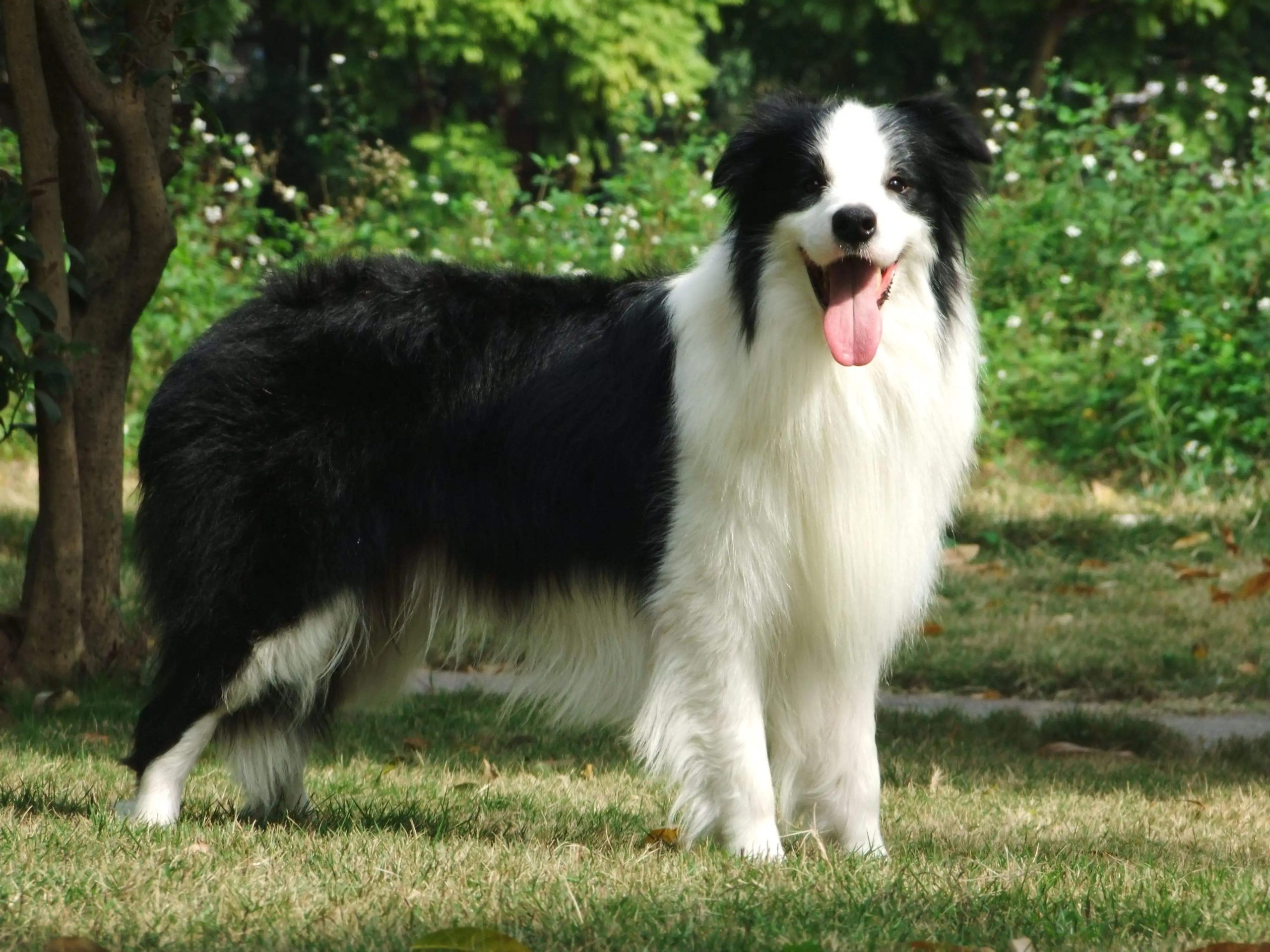Shiba Inu Challenges: 5 Downsides to Consider
5 Common Shiba Inu Behavior Issues: What Every Dog Owner Should Know
Shiba Inu dogs have become popular worldwide for their fox-like appearance and expressive faces. However, potential owners should understand these 5 common Shiba Inu behavior challenges before bringing one home.
1. Strong-Willed Personality
Shiba Inus are famously stubborn. Unlike other dogs that aim to please owners, these independent thinkers will insist on their own ways. Expect resistance when your plans conflict with theirs – like demanding walks in pouring rain or refusing to end playtime.
2. Territorial Behavior
This breed has strong protective instincts. Shiba Inus may aggressively guard their food, toys, or favorite spaces from both humans and other pets. Early socialization helps, but owners should always supervise interactions with new animals.
3. Heavy Shedding
Despite their short fur, Shiba Inus have dense double coats that shed heavily. Prepare for:
- Year-round hair accumulation
- Seasonal “coat blows” (mass shedding)
- Frequent vacuuming
Regular brushing (3-4 times weekly) helps manage loose fur.
4. Destructive Habits
Bored Shiba Inus become destructive. These energetic dogs need:
- Minimum 60 minutes daily exercise
- Puzzle toys for mental stimulation
- Chew-resistant furniture
Without proper outlets, they’ll entertain themselves by chewing shoes, digging carpets, or shredding cushions.
5. Escape Tendencies
Their hunting instincts make Shiba Inus prone to bolting after squirrels, birds, or blowing leaves. Essential safety measures include:
- Secure fencing (6+ feet tall)
- Leash use on walks
- Microchipping
- “Leave it” command training
Shiba Inu Care Essentials
Proper care helps manage these Shiba Inu characteristics:
- Diet: Use high-quality dog food. Cooked meats make good supplements, but avoid seasoning.
- Toxic Foods: Never feed chocolate, onions, grapes, or caffeine products.
- Health Monitoring: Watch for urinary issues. Consult a vet if you notice abnormal bathroom habits.
- Preventive Care:
- Monthly flea/tick prevention
- Quarterly deworming
- Annual vaccinations
- Grooming: Brush regularly and bathe every 6-8 weeks.
While Shiba Inus make loyal companions, their unique personality requires committed owners. Understanding these Shiba Inu traits helps create a happy home for both dog and human. Proper training and care can manage most challenges, letting you enjoy their charming quirks responsibly.
